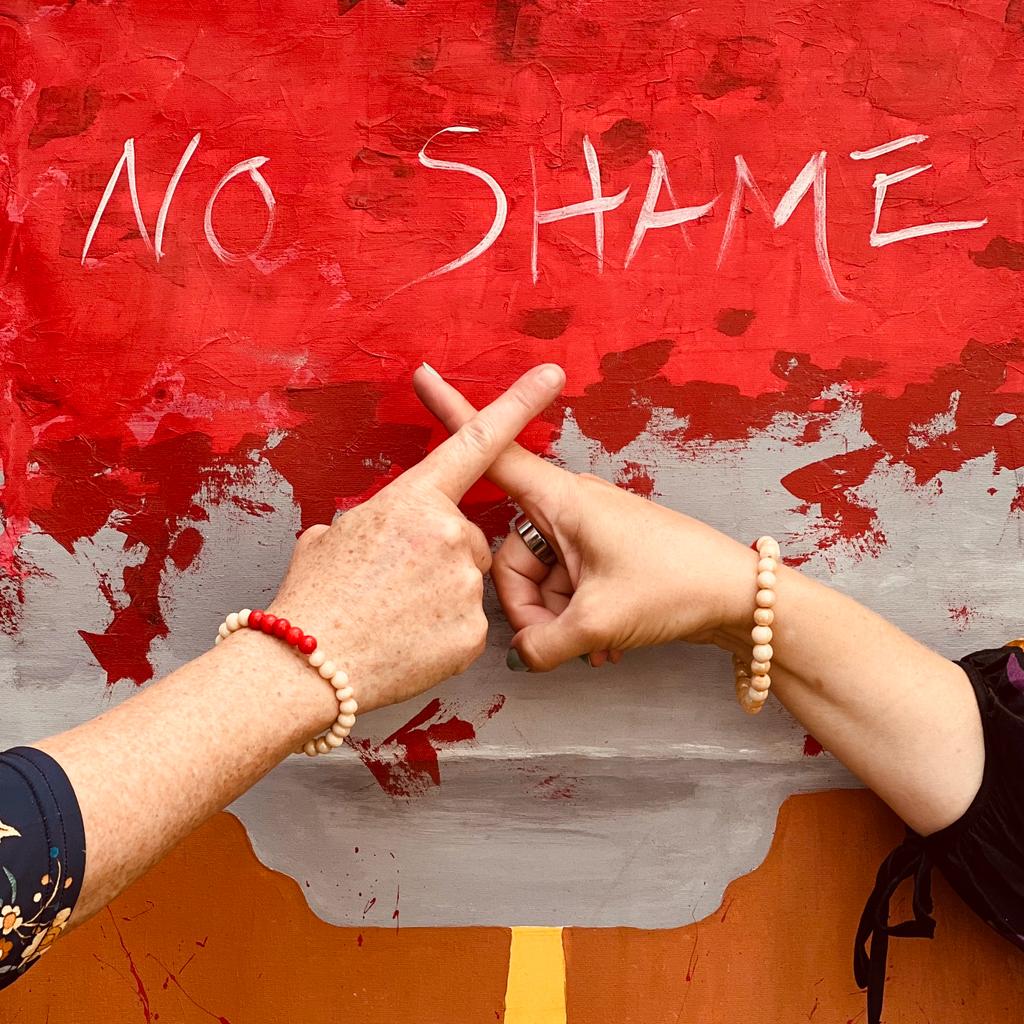There are approximately 1.9 billion women, girls, transmen and gender non-binary people who menstruate. All people who menstruate should receive information about the menstrual cycle, its link to reproductive health and rights, and how to take care of their bodies; be able to make informed choices about menstrual products and practices and be socially supported to participate freely in daily activities free from menstrual-related discrimination; have access to health services for menstrual disorders; and have a safe physical environment with water and sanitation facilities and services that support menstrual health and waste management.

Menstrual Health and Hygiene investment needs to be integrated across multiple sectors to comprehensively address menstrual related experiences and barriers and ensure no one is limited by menstruation throughout their life course.
3.7 “…universal access to sexual and reproductive health-care services…”
4.1 “…all girls and boys complete free, equitable and quality primary and secondary education…”
4.5 “…eliminate gender disparities in education…”
4.7 “…all learners acquire the knowledge and skills needed to promote…human rights, gender equality…”
4.a “Build and upgrade education facilities that are child-. disability- and gender-sensitive”
5.1 “End all forms of discrimination against all women and girls…”
5.5 “Ensure women’s full and effective participation…in public life.”
5.6 “Ensure universal access to sexual and reproductive health…”
6.2 “…access to adequate and equitable sanitation and hygiene for all and end open defecation, paying special attention to the needs of women and girls and those in vulnerable situations.”
8.8 “…promote safe and secure working environments for all workers, including migrant workers, in particular women migrants…”
12.5 “…reduce waste generation…”
12.9 “Support developing countries to strengthen their…capacity to move towards more sustainable patterns of consumption and production”
Investing in menstrual health and hygiene is essential to realise the human rights of all people who menstruate. The importance of menstrual health and hygiene to various human rights was enshrined in September 2018, when the UN Human Rights Council adopted a resolution on the human rights to safe drinking water and sanitation that specifically included menstruation. The resolution expressed great concern that the lack of access to adequate water and sanitation services, including for menstrual hygiene management – in schools, workplaces, health centres, and public facilities and buildings –negatively affects gender equality and women’s and girls’ enjoyment of human rights, including the rights to education, health, safe and healthy working conditions, and to participate in public affairs. A human rights approach to menstrual health and hygiene also prioritises those whose human rights are most at risk of violations such as refugees, homeless people, transgendered, disabled and sex workers and whose menstrual needs are often least addressed.